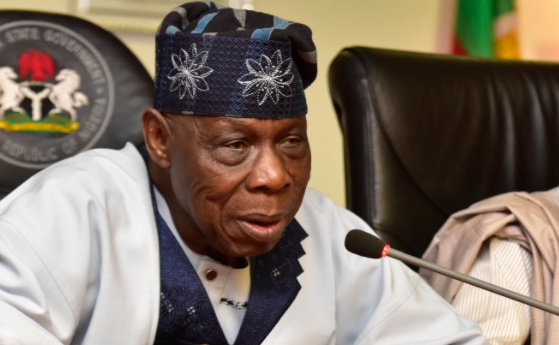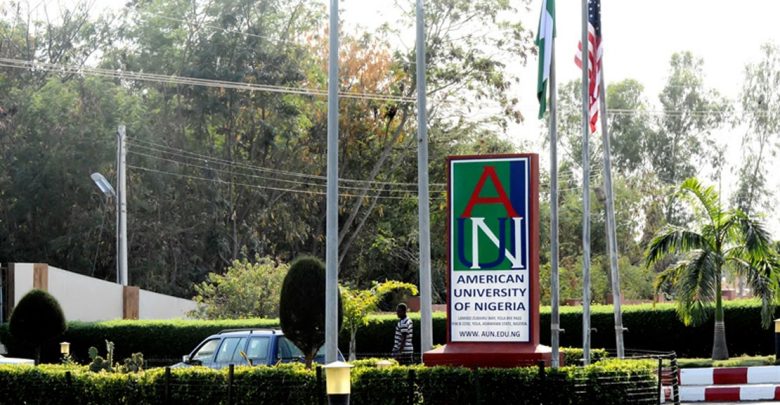BY PETER AROJOJOYE
Imagine you can interact, socialise, and work entirely in a virtual world. That is precisely what the metaverse allows you to do. The metaverse is a virtual reality platform enhanced by artificial intelligence, virtual reality, machine learning, and augmented reality technologies. While the metaverse is replete with boundless potential, it, however, comes with specific safety issues.
A 2022 survey conducted by NordVpn on privacy issues in the metaverse revealed that 50% of respondents are concerned about user identity issues, 47% are worried about forced surveillance they will have to go through, and 45% are concerned that their personal information will be abused. Based on the safety concerns mentioned above, African states need to be proactive in dealing with the safety concerns associated with the metaverse by enacting laws guiding activities in the metaverse, training professionals working on metaverse products, and strengthening safety standards. The need for proactiveness is hinged on the low rate of digital literacy and the absence of up-to-date privacy laws in most parts of Africa.
African states should organise intensive training programmes ranging between three to six months for professionals in the metaverse space on safety issues in the metaverse. Currently, most training programmes on metaverse are targeted at teaching African creatives how to use the metaverse. Thus, little or no efforts have been made by African states to training programmes on privacy issues in the metaverse. Hence, training programmes should be organised in collaboration with Digital rights advocacy groups such as Africa Cybersecurity and Digital Rights Organisation, Paradigm Initiative, and Cybersafe Foundation. The targeted audience for the training should include Solution Architects, Blockchain Engineers, 3D Animators, Product managers, and Product designers, amongst others. These professionals should be educated on the privacy and safety issues they must be aware of while building and managing a product in the metaverse. Such privacy and safety issues include malware and phishing attacks. Similarly, data privacy managers should be educated on updating their organisation’s privacy policies to collect users’ postures and gestures, physiological data, biometric data, and sensor data.
Advertisement
Secondly, African states with existing legislation should review data privacy provisions to cater to activities in the metaverse, and those without data privacy legislation should enact one. African states with data privacy legislation include Nigeria, Togo, South Africa, Kenya, Rwanda, Madagascar, Uganda, Mauritius, Ghana, Zambia, and Zimbabwe. Adequate regulation of activities in the metaverse is essential because large amounts of data are processed and shared in the virtual world. For instance, a 2019 study by the World Economic Forum shows that “twenty minutes of VR can generate 2 million unique data elements and immersive experiences in the metaverse.” Hence, African states should include in their laws data privacy certification as a requirement for running a metaverse platform to curb data insecurity.
Additionally, African states need to create safety standards involving the collective input of policymakers in governments, organisations, and technology experts. Safety standards are essential because unlawful behaviours such as bullying, intimidation, theft, and even sexual impropriety still manifest in the metaverse. Adopting measures such as creating a cohesive legal framework and strictly adhering to sanctions and punitive measures should be fundamental in providing safety to metaverse users. Hence, African states and policymakers should brainstorm on creating a safe and free virtual world devoid of intimidatory tendencies and with explicit recourse to an inherently native African legal framework. A partnership with communities and non-governmental organisations such as Cybersafe Foundation can create anti-sexual harassment policies in the metaverse. At the same time, innovative mechanisms like the introduction of biometrics in preventing identity theft should be adopted.
Undoubtedly, the essential premise of the metaverse is decentralisation. However, its lack of adequate regulation within the African digital space constitutes a problem as fraud, data breaches, bullying, and sexual impropriety make it increasingly vulnerable for users, especially Africans. In light of these problems, African states must make conscious efforts in collaboration with international organisations like the African Union and digital rights groups to secure Africans using the metaverse for work, gaming, and social interactions.
Advertisement
Peter Arojojoye is a writing fellow at the African Liberty
Views expressed by contributors are strictly personal and not of TheCable.
Add a comment






